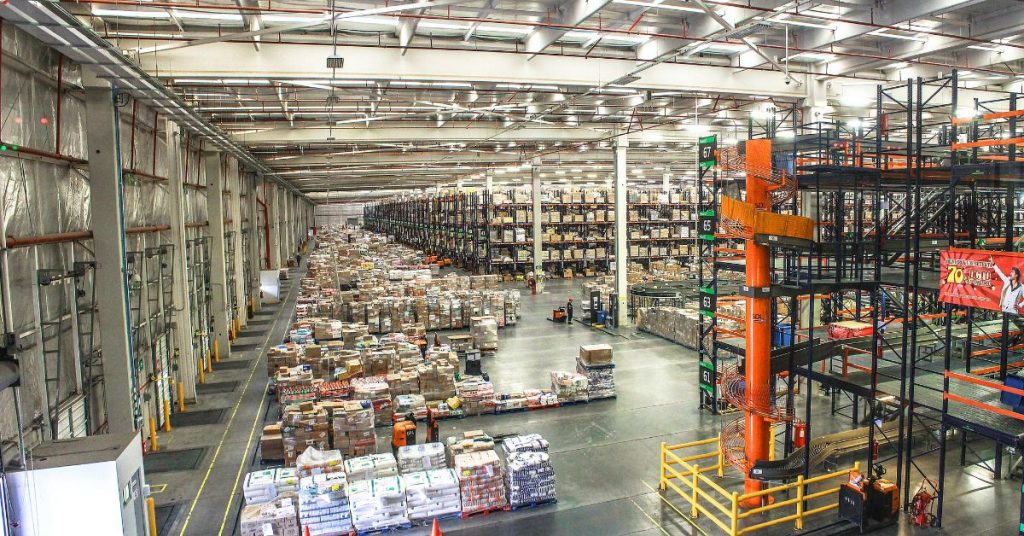Frozen food distributors are pivotal in the food supply chain, managing the complexities associated with transporting sensitive products across vast distances. The responsibility of maintaining the integrity of frozen foods is immense, as these items require strict temperature controls from the point of origin to the consumer’s basket. Distributors such as frozen food distributors utilize advanced refrigeration technologies and logistics management systems to meet these demands.

Specialized Logistics: More Than Just Transportation
The logistics involved in distributing frozen foods encompass more than just transportation. It includes detailed planning and execution that covers warehousing, inventory management, order fulfillment, and delivery. Efficient food distribution companies near me use integrated software systems that provide real-time tracking and temperature monitoring to ensure products stay frozen throughout their journey. This high level of specialization is necessary to prevent product spoilage and ensure compliance with health and safety regulations.
Technological Advancements in Frozen Food Distribution
Technology plays a significant role in enhancing the efficiency of frozen food logistics. Innovations such as IoT-enabled fleet management, AI for route optimization, and blockchain for traceability are transforming how distributors operate. These technologies help in minimizing delivery times, reducing energy consumption, and ensuring product traceability from farm to fork, which is increasingly demanded by consumers.
Regulatory Compliance and Safety Standards
Regulatory compliance is another critical aspect of frozen food distribution. Distributors must adhere to a myriad of regulations concerning food safety, transportation, and environmental impact. For example, the use of eco-friendly refrigerants and adherence to the Cold Chain Management protocols are essential to maintain license to operate. Foodservice distributors must also ensure their operations align with the guidelines set by local and international food safety authorities.
Consumer Expectations and Market Trends
Consumer expectations are evolving. Today, customers are looking for not only quality and convenience but also sustainability in their food products. They prefer products that are responsibly sourced and transported with minimal environmental impact. Foodservice distributors near me must keep pace with these expectations by adopting greener technologies and practices. Additionally, the rise in e-commerce has seen more consumers ordering frozen foods online, prompting distributors to innovate their direct-to-consumer delivery models.
Challenges in Frozen Food Distribution
Despite technological advancements, frozen food distributors face several challenges. These include managing the supply chain disruptions, fluctuating fuel prices, and the need for skilled labor to handle specialized logistics tasks. Effective management of these challenges is crucial for maintaining profitability and operational efficiency.
The Future of Frozen Food Distribution
Looking to the future, the frozen food distribution industry is poised for further growth and innovation. With the global population rising and the increasing demand for convenience foods, the pressure on distributors to deliver quality, variety, and volume will only intensify. Future trends may include more automated warehouses, drone deliveries, and even more sophisticated AI-driven supply chain analytics.
Conclusion
The frozen food distribution industry is a dynamic sector that is critical to the global food supply chain. As technology advances and consumer preferences shift, distributors must continually adapt to stay ahead. The right logistics partner does more than transport food; they ensure its safety, quality, and sustainability from point A to point B. By understanding the complexities involved and leveraging the latest technologies, foodservice distributors can meet the growing demands of the market and pave the way for a more efficient and sustainable future in food distribution.
This comprehensive exploration not only highlights the importance of advanced logistical processes in the frozen food industry but also underscores the evolving nature of food distribution in meeting modern consumer demands and regulatory requirements.